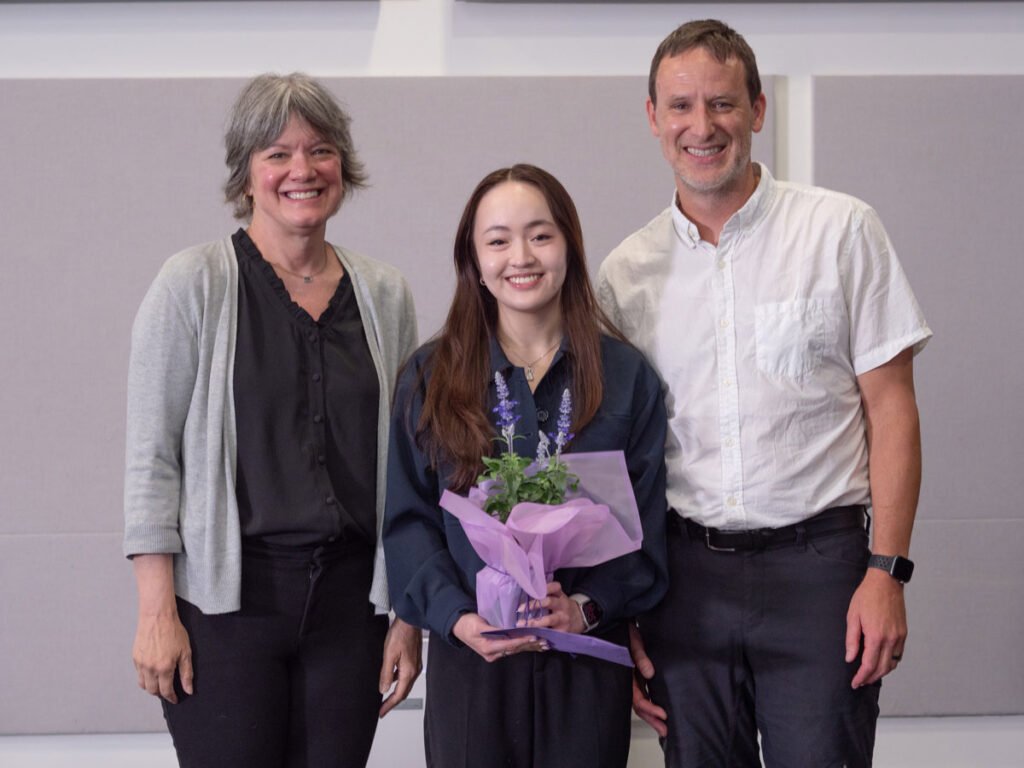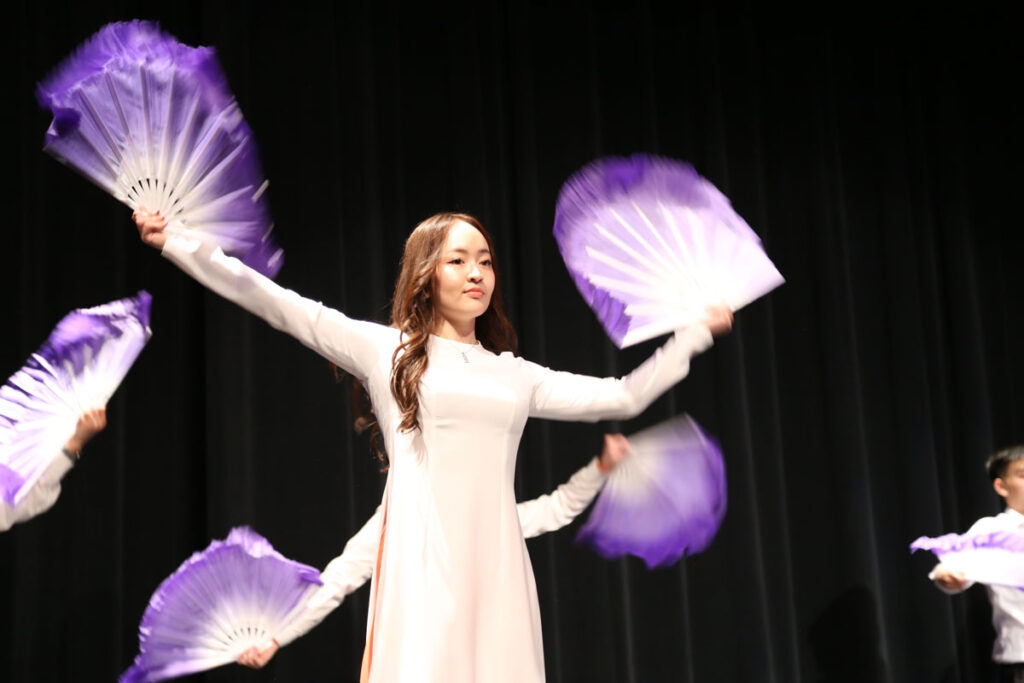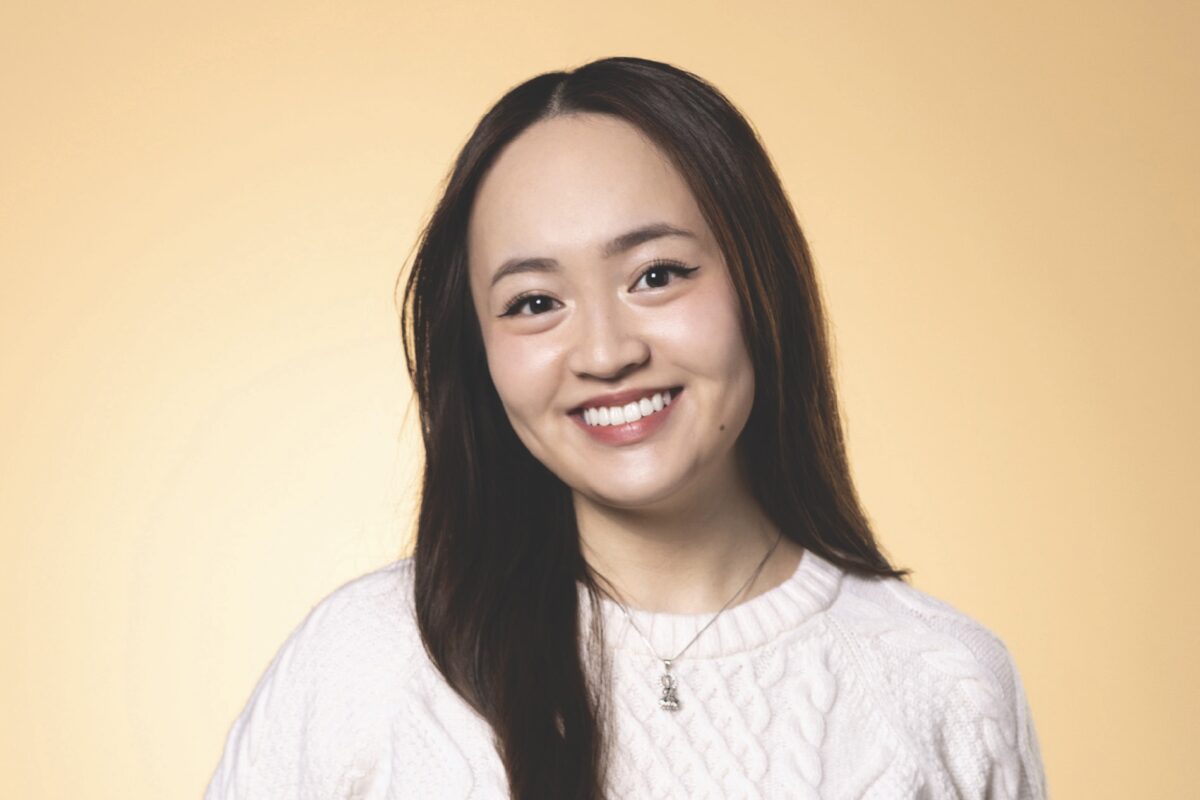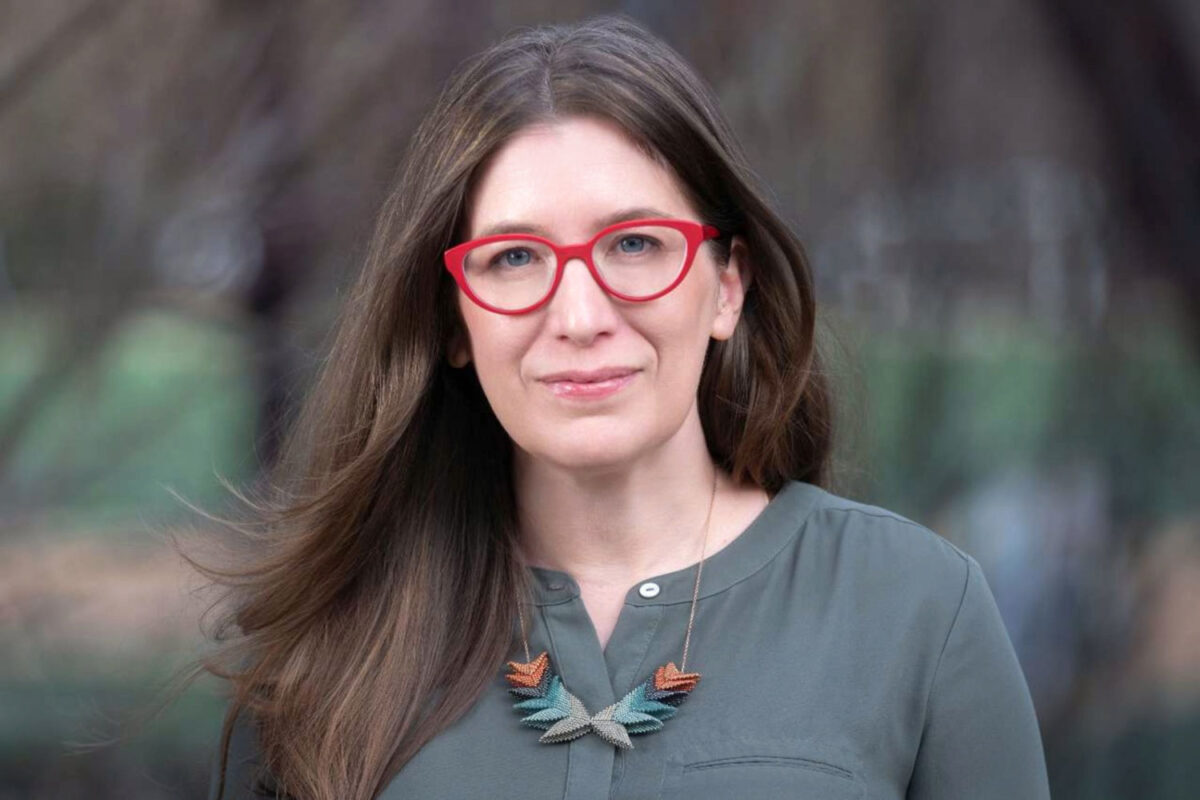When Vivian Lam first started at the University of Washington Bothell, she made a promise to herself: Having spent her senior year of high school in isolation due to the pandemic, she vowed to make up for lost time and actively pursue research opportunities, become involved in learning communities and volunteer at a nonprofit organization.
The promise was difficult to keep as she asked a lot of herself, but over her time at UW Bothell she remained steadfast in her goals — and she believes it helped her become the strong, resilient woman she is today.
Lam (Biology ’24) worked as a research assistant alongside faculty members and her peers. She served as the external vice president of the Vietnamese Student Association. And she mentored 16 girls over two summers at Tech Trek camp, a nonprofit organization that offers STEM education to girls.
In recognition of her ambitions, drive and compassion, Lam was named one of the University of Washington’s 2024 Husky 100 honorees.
Mental health matters
Every year, the UW recognizes 100 undergraduate and graduate students from the Bothell, Seattle and Tacoma campuses who have made the most of their time at the UW — inside and outside the classroom. These Husky 100 students actively connect the dots between what they learn in their studies with what they want to do to make a difference on campus, in their communities and for the world.
Lam is one of six honorees from UW Bothell.
Soon after her arrival on campus, she started looking for research opportunities and came across an opening to work alongside Dr. Bryan White, teaching professor in the School of STEM, and Dr. Linda Eaton, assistant professor in the School of Nursing & Health Studies.
The faculty members wanted to find out if mindfulness could reduce test anxiety and were looking to hire students to work as research assistants. Many students applied, making the job quite competitive. Among many highly qualified candidates, Lam was among three selected to be on the team.
The student researchers were tasked with designing a mindfulness intervention to help college students perform better on their exams. They chose to record a mindfulness exercise that people could listen to before taking a test. When deployed, they hoped the exercise would lower students’ heart rates, improve their physiological health and help them to feel more calm.

Research and revelation
The recording was roughly seven minutes and incorporated pieces from different mindfulness practices. “Vivian made sure to make the mindfulness script as inclusive as possible,” White said. “She tested a variety of mindfulness practices on our student panel, and the three included — a breathing exercise, body scan and segment on positive affirmations — were the ones that proved to be the most impactful.”
The study was tested on 29 students in Dr. White’s introduction to biology course, and the results revealed that the short activity reduced the increase in heart rate students experience during exams.
The other revelation was Lam’s potential.
“Vivian ranks in the top 1% of all the students I’ve worked with in 12 years,” White said. “There were many times throughout the study that she and I were thinking the exact same thing. And there were just as many times where she thought of something that was even better than what I thought of — despite my having many more years of experience in the field.”
Vivian ranks in the top 1% of all the students I’ve worked with in 12 years. There were many times that she and I were thinking the exact same thing. And there were just as many times where she thought of something that was even better.
Dr. Bryan White, teaching professor, School of STEM
Care for her community
Lam achieved her second goal of becoming involved in the campus community by joining the Vietnamese Student Association her first year. “The VSA was a good fit because, as someone who has been marginalized due to my ethnicity, I could find peers who would embrace my identity instead,” she said.
Not only did Lam participate in the club, but she soon became one of its leaders, serving as treasurer her sophomore year and external vice president her junior year. In the latter role, she worked closely with the internal vice president and president to make sure that the club was running smoothly — and that the team dynamic and morale remained high.
“I also met with other VSAs from other schools monthly as part of a nonprofit organization called Northwest VSA, which includes all the VSAs within Oregon and Washington,” she explained. “I acted as a liaison between those schools, and together we organized collaborative projects such as service projects or annual sports events.”
She said that, by taking on this role she hoped to bring people together and celebrate Vietnamese culture. “We always made sure our activities were structured so that everyone could participate,” Lam said. “We also welcomed people who are not Vietnamese, such as other Asian Americans or anyone who’s just interested in the club in general. We’re always excited to teach people about Vietnamese culture and share about it.
“We’ve been chosen Club of the Year for three consecutive years,” she added, “which I believe shows that we’ve created a strong sense of community within VSA. There are so many new and returning members, and they are always involved in the club.”
Mutually impactful mentorship
Over time, connecting with college students became second nature to Lam. Ready to confront her next challenge — and to meet her third and final goal of volunteering at a nonprofit — she decided to mentor eight young girls at Tech Trek summer camp.
As expected, working with 13-year-olds posed new challenges for her.
“Admittedly, I was intimidated by their sarcastic greetings, and I questioned whether I could connect with them at the beginning of camp,” Lam said. “But I soon discovered that beneath their snarky demeanors, these girls were scared and intimidated by the challenges of their first experience away from home and first time on a college campus.”
Having lived in a college dorm herself, she understood their struggle. “Recognizing the need for connection, I strived to be more than a camp counselor. With routine check-ins and ensuring campers’ needs were met, I hoped to reinforce the idea that I was not only an authority figure but also a friend,” she said.
Gradually her campers started opening up, sharing both their concerns and their daily accomplishments. “It was extremely gratifying to witness the transformation from guarded individuals to a close-knit group,” she said. “Volunteering for Tech Trek clarified a strength within me — my compassion for others. It taught me that making a difference isn’t an ambitious aspiration; it is a tangible reality that can be achieved through empathy, connection and genuine care.”

Ready for the future
Looking ahead, Lam aspires to use her mentorship experiences to further her commitment to increasing science education accessibility within underserved communities beyond the University of Washington.
“My experience as a Husky has propelled me to constantly strive for leadership opportunities where I could impact the community,” she said. “I aim to evolve into a well-rounded health care professional, driven by my intellectual curiosities and compassion for others.”




